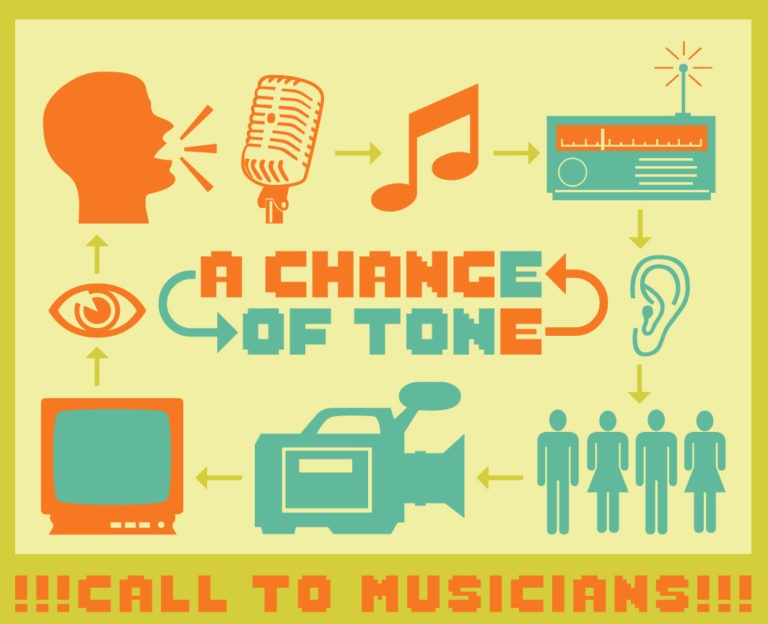In an email to filmmakers sent this morning, April 4, 2025, the arts nonprofit Indie Memphis announced an “intermission.”
“Starting today, Indie Memphis will pause all programming — including our annual film festival — as we explore strategic paths forward for the organization. This includes evaluating potential partnerships and organizational models that can sustain our mission and community impact long term,” read the email.
“This decision was not made lightly. It reflects both the challenges we’ve faced and our deep commitment to preserving the spirit of Indie Memphis. We remain proud of the filmmakers, artists, and stories we’ve supported — and we’ll be sharing more about what’s next in the weeks to come.”
In addition to the annual film festival, which has been a staple in the Memphis fall events calendar for 27 years, Indie Memphis has also presented Shoot & Splice, a monthly program which presents workshops and forums for filmmakers looking to hone their craft; Microcinema, a semi-regular program of short films from around the world; the Indie Memphis Youth Film Festival, which helps high schoolers get a start in the art; the IndieGrant program, which funded more than 20 short films by Memphis filmmakers in the last decade; and most recently the Black Creators Forum, an annual conclave which brings together African-American artists and filmmakers from all over the country. All of those programs are currently suspended.
Indie Memphis executive director Kimel Fryer says this is not the end for the organization. “Indie Memphis has been around for 27 years. This intermission is to make sure that we are around for another 27 years because we are being intentional and thoughtful about what we’re providing to the community.”
Artistic director Miriam Bale resigned from Indie Memphis in 2024, and Kayla Myers took over as head programmer for last year’s festival. Fryer confirms that Myers and operations manager Joseph Carr have left the organization this year. Marketing director Macon Wilson had previously taken a position with the Orpheum Theatre.
Film festivals nationwide have been struggling in the current economic and cultural environment. First, the Covid-19 pandemic shuttered theaters and prevented in-person gatherings for two years, beginning in March 2020. Buoyed by government relief funds, “We didn’t slow down programming. Indie Memphis actually increased programming during the pandemic,” says Fryer. The nonprofit embraced streaming films with the help of Memphis-based Eventive, which was itself a spinoff of the festival’s ticketing system. The 2020 festival was entirely virtual, and all editions of the festival since then have had a streaming component.
But just as Covid relief funding was drying up, dual strikes by the Writers Guild of America (WGA) and the Screen Actors Guild (SAG/AFTRA) shut down film production for most of 2023. The resulting disruption of the production pipeline has put the industry under stress. “The film industry has changed a good three times since I’ve been here, and I haven’t even been here that long,” Fryer says. “But this is not film industry specific. … For all nonprofits across all industries, corporate sponsorship was down by 45 percent.”
The Trump administration’s draconian slashing of federal funding for arts nonprofits, plus the increasingly uncertain economic environment, has hit all arts nonprofits hard in the bottom line, says Fryer. “It’s not just federal grants but all grants — state grants, foundations, and federal grants are all a piece of our revenue, and there’s a lot of ambiguity as to how a lot of that’s gonna work out. So this is really a way for us to think about how we can get stronger, how we can really utilize strategic partnerships, maybe in ways we’ve never done before, or maybe in ways that we used to do, and we just haven’t in a long time.”
“We’re not just a film festival; we are a nonprofit, thinking about sustainable ways for us to continue to thrive,” says Fryer. “Regardless of what’s going on, regardless of what might be happening with grants or whatever, as a nonprofit leader, you always want to be able to be in a place of being able to plan and move forward with this. I think we know what we need to work on. We’ve got a strategic plan, and we’re looking at a lot of different things.”
Citing the festival’s longstanding relationships with Malco Theatres and Crosstown Arts, Fryer says she believes one way forward for Indie Memphis is through new partnerships. “This intermission is also for us to think about partnerships with a lot of different organizations, maybe organizations we’ve partnered with in the past and maybe some that we haven’t. It’s a time for us to think about how we can come back in a way that is sustainable, strong, and serves our community — and maybe introduces us to more community members that maybe want to be a part of Indie Memphis but don’t know it yet. So I wouldn’t be opposed to any partnership with anybody, but I wouldn’t say a particular name at this point.”
Even the flagship independent film festival in the United States, Sundance Film Festival, has had to rethink operations. Sundance recently announced a move from the festival’s longtime home in Park City, Utah, to Boulder, Colorado — a decision that the Sundance organization had been pondering for more than a year. “I know that a lot of people are gonna be nervous and maybe even sad, but I really do think that this is a really a good place for us to rethink about how things are gonna be in the future, especially when you think about how one of the biggest festivals in the world, Sundance, took the time to think about what made most sense for them as a location, even though they’ve been at Park City since forever and they actually are moving to Boulder because it’s just a better fit for them.”
(Fryer clarifies that Indie Memphis is not considering moving. “Memphis is in our name!”)
“Yes, we can be upset or sad that there’s not gonna be a film festival this year, but at the same time, [think about] what new possibilities that it opens for us. There are some things I can’t talk about, but I think that being able to take a pause, take a beat, and be intentional about your next steps, that’s one of the bravest things that you can do, and Sundance kind of did that first. There are a few other festivals that have paused and then came back in a stronger, more intentional way, and it’s worked out for them. Indie Memphis provided 27 years of programming, and I do hope that, after going 27 years straight, there is some grace given. I think that if we’re able to think about what could be next, I honestly think that it might be phenomenal; it might be so much better than if we were to just keep doing the same thing that we’re used to doing.”

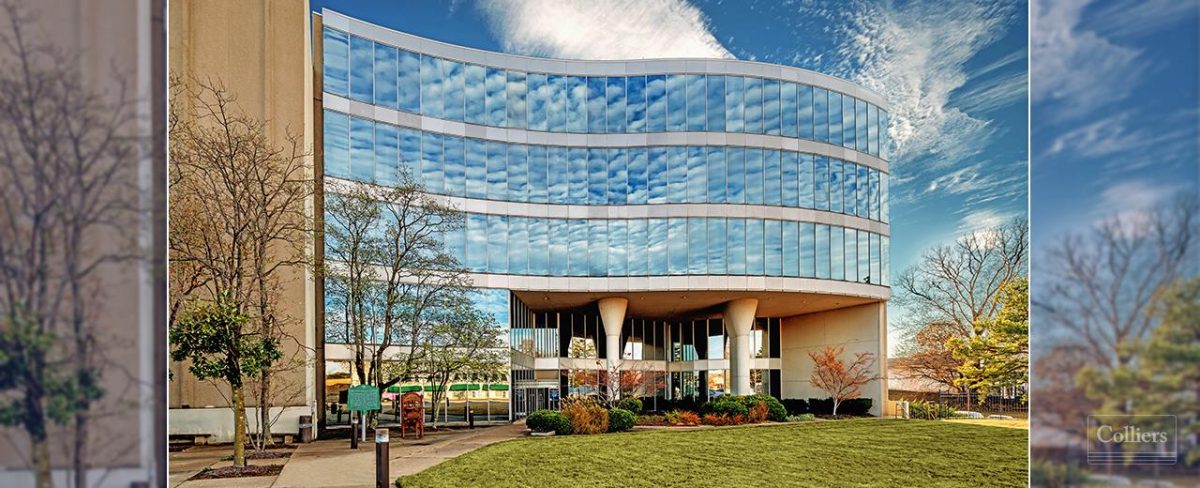
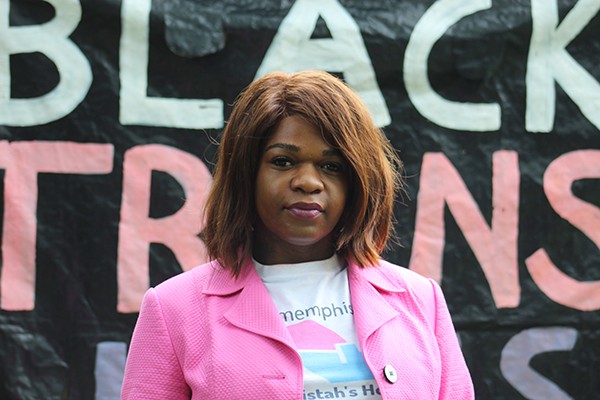
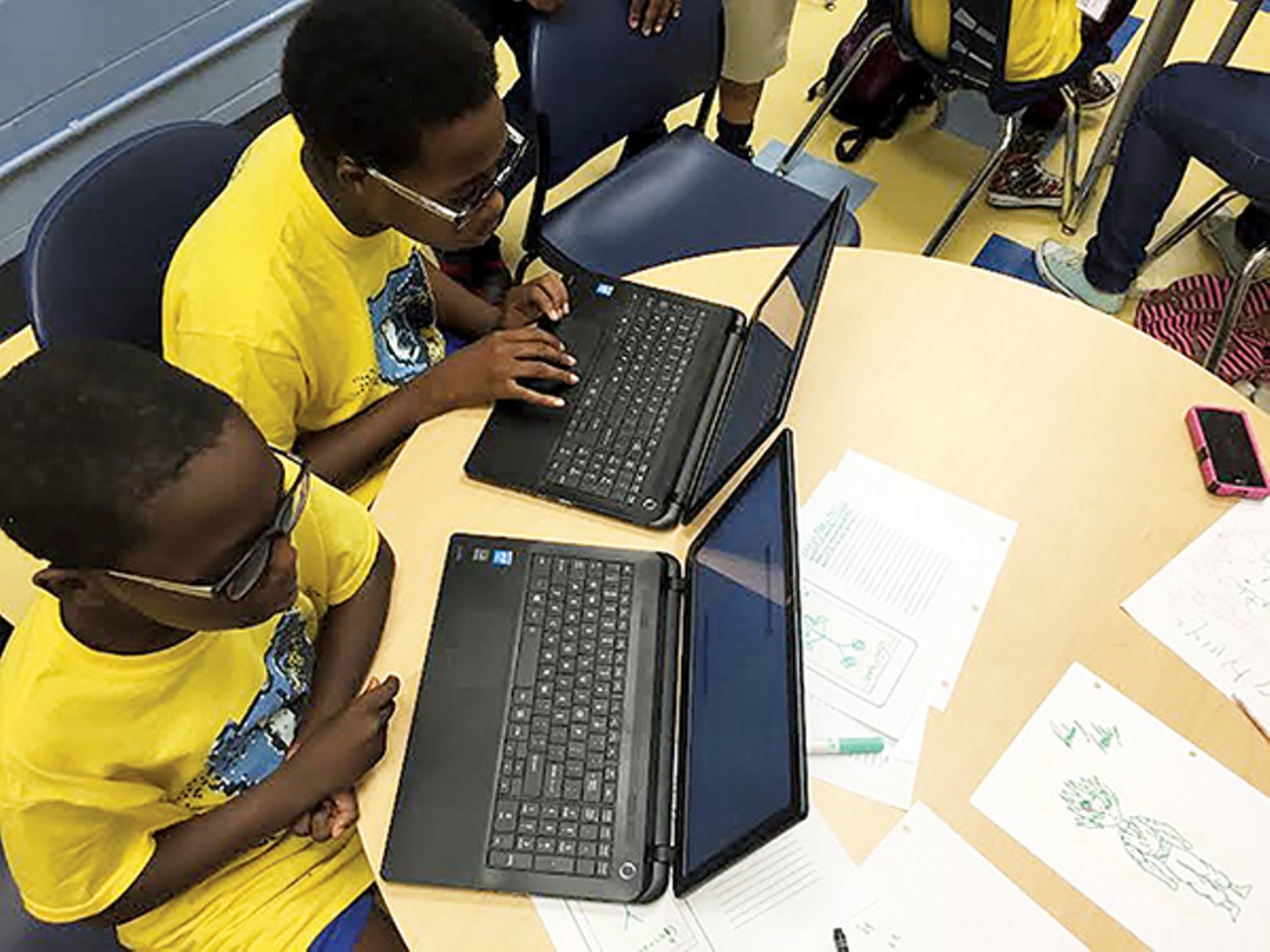
 BRIDGES
BRIDGES 
 Courtesy of CodeCrew
Courtesy of CodeCrew 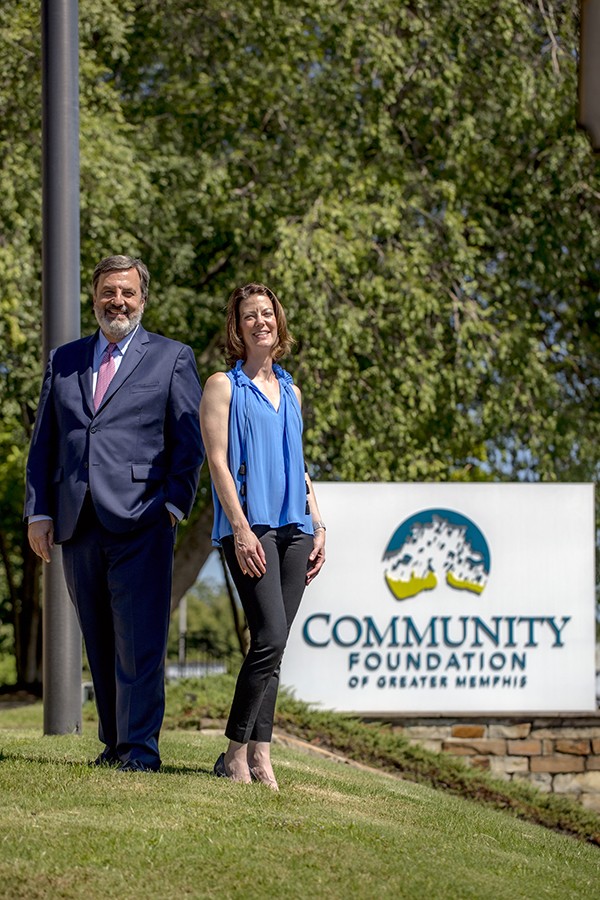 Justin Fox Burks
Justin Fox Burks 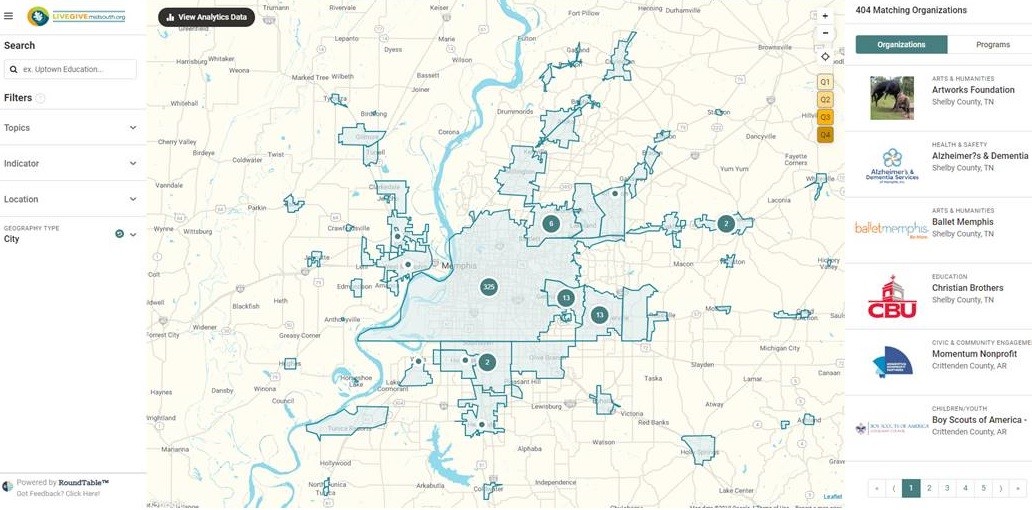 Community Foundation of Greater Memphis
Community Foundation of Greater Memphis  Community Foundation of Greater Memphis
Community Foundation of Greater Memphis 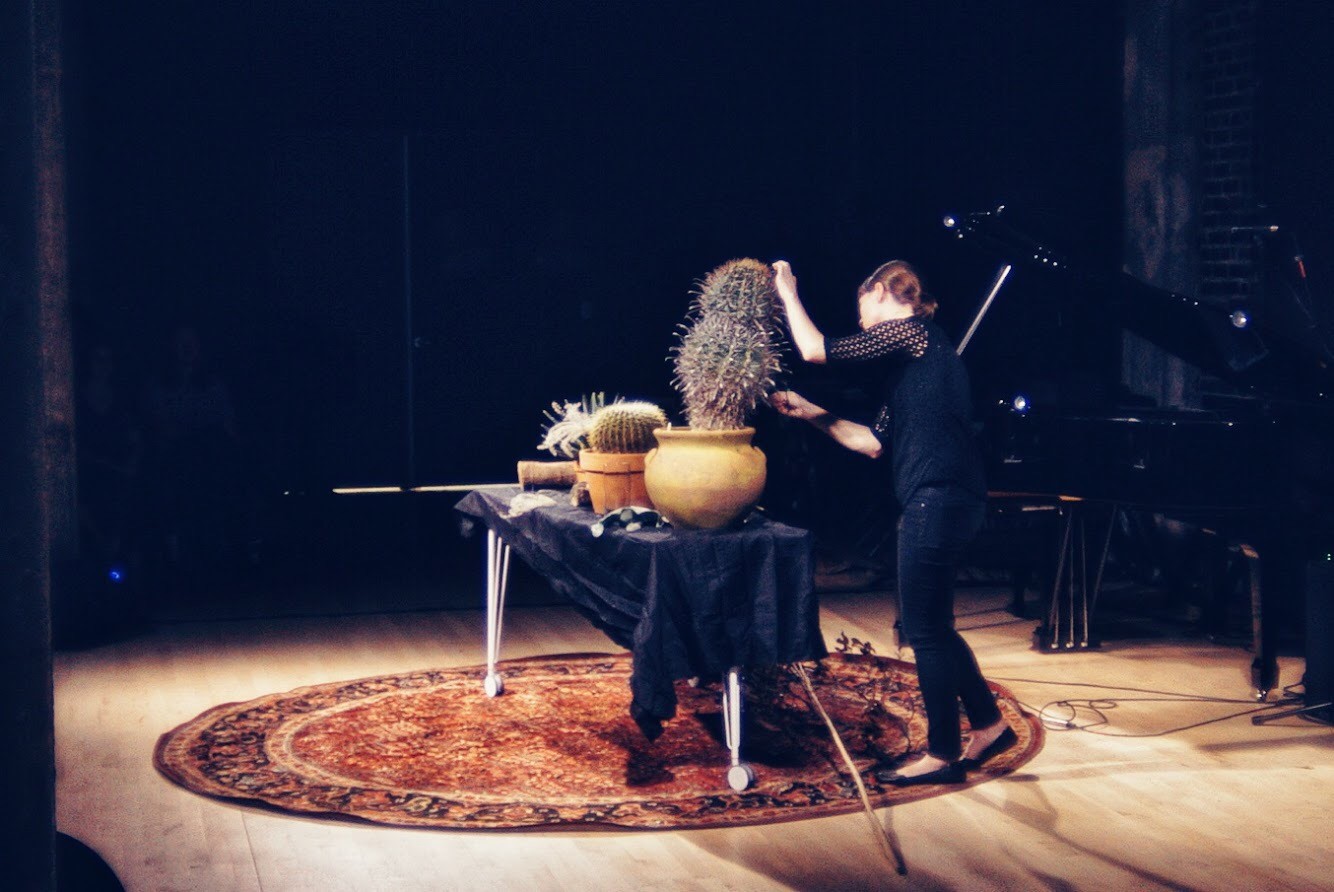 Ben Rednour
Ben Rednour 